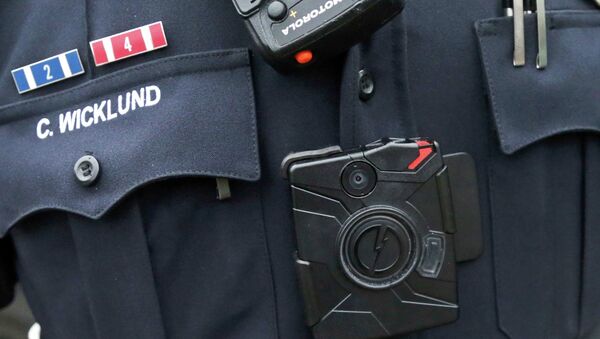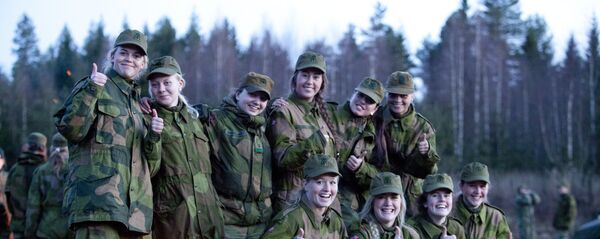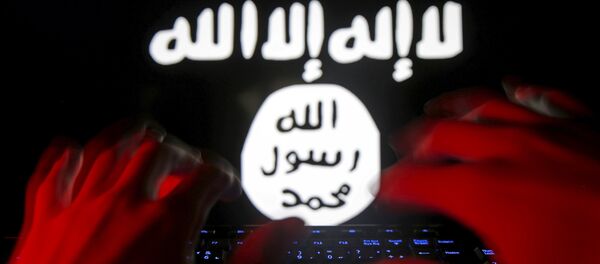"Many complain of the strain caused by unfounded complaints, which is why videos would confirm or deny what really happened," Police Federation union leader Sigve Bolstad told the Norwegian newspaper Aftenposten.
Last autumn, Oslo Police tested body cameras and subsequently issued a report that recommends audio recording but expresses doubts about the use of video, Aftenposten reported. During the test period last month, twelve police officers from Grönland Police Station in Oslo voluntarily spent a month wearing body cameras. Oslo policeman Kåre Stølen said body cameras can be useful tools, citing positive feedback received in Oslo's test project. The Oslo police report specifically mentioned crime scene investigations as an opportunity for surveillance.
The Norwegian Data Protection Authority welcomed the police's assessment of the opportunities and challenges presented by equipping police staff with recording equipment, yet expressed its reservations as well.
"Police meet people in critical situations who are undergoing deep mental and physical crises. This poses a demand for special attention," Skåra continued, stressing that camera use must be mandated by the law.
Many officials see body cameras as an additional stress factor, but they have already become part of the police's routine in many countries. In the US, it is quite common that police officers have video cameras as part of their uniform. In the UK, the practice of wearing cameras differs from district to district. Cameras may be attached to the chest, shoulder or goggles.





